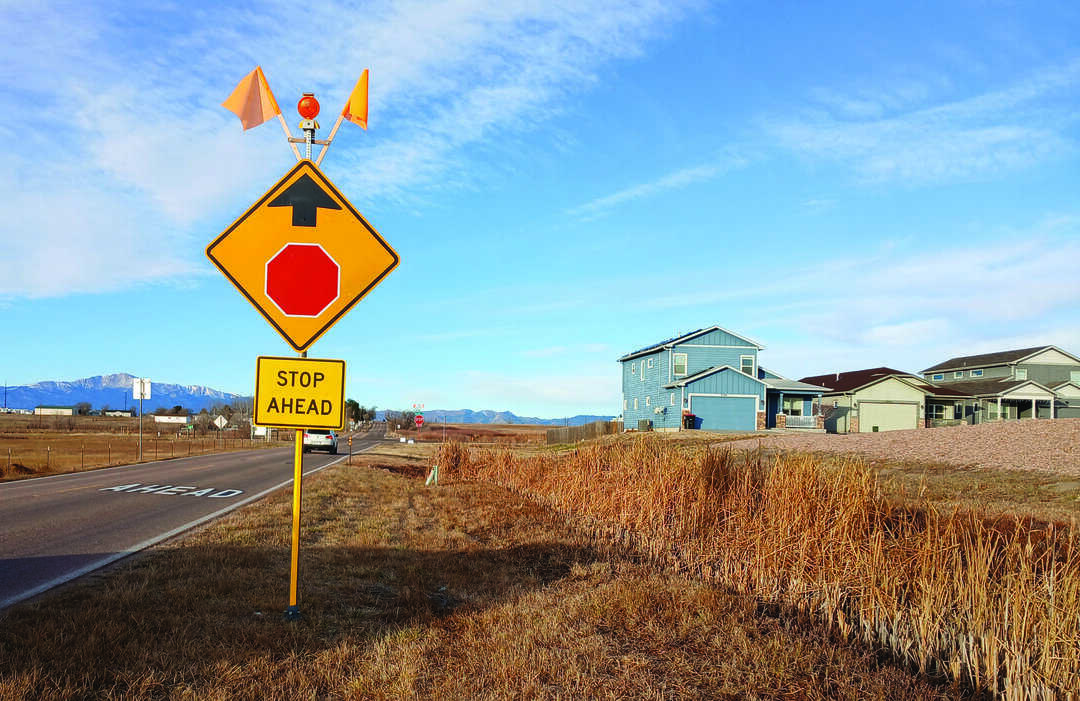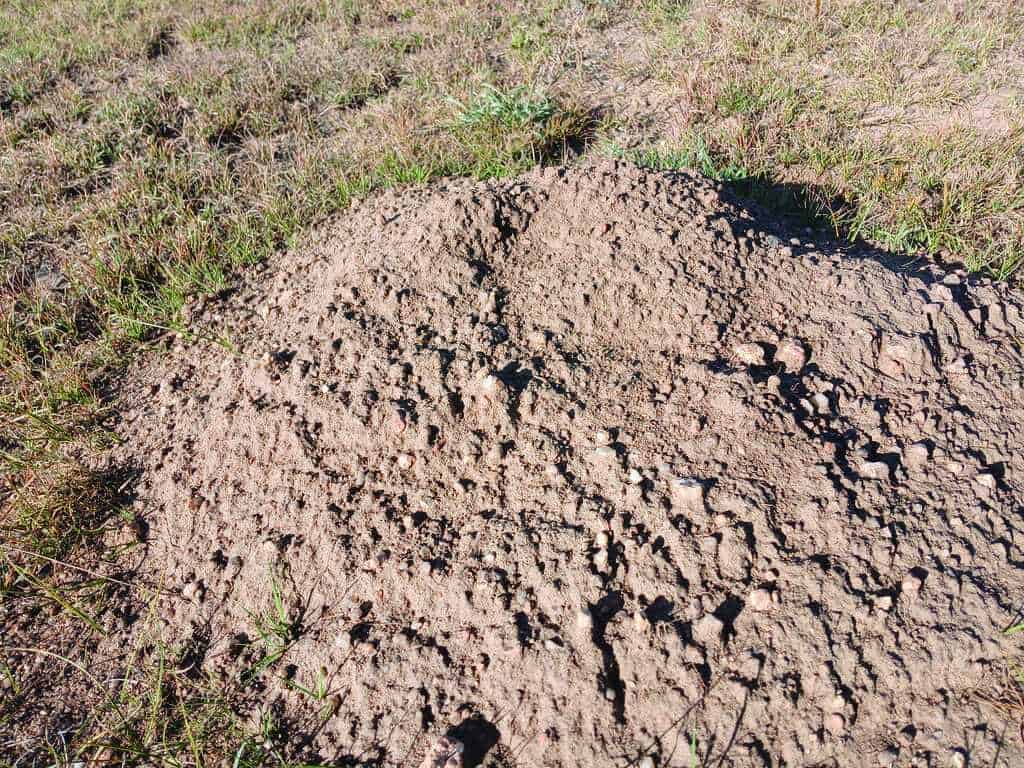Longtime local journalist Bill Radford and his wife, Margaret, live on 5 acres in the Falcon area with chickens, rabbits, dogs, cats, two noisy parrots, goats and two horses. Contact Bill at billradford3@gmail.com.
With a flock of 16 chickens ñ- eight of which are egg-laying age ó the eggs usually pile up.Lately, though, the egg retrieval has been disappointing. Instead of a half-dozen or more eggs a day, there’s only been two or three at best.What’s the deal? Were the chickens on strike, we wondered? If so, we hadn’t received any demands for better laying conditions or anything else.Then we realized: It’s the heat, stupid.As I write this on a Saturday afternoon, the temperature is nearing the mid-90s; it’s the latest in a series of brutally hot days. We’re used to our hens slowing, or even stopping, their egg laying during the short days of winter, but hot summer days can have a similar effect ñ- though for a different reason.A hot chicken will have a decreased appetite, states an online article by the University of Arizona Cooperative Extension Service. (I figure folks in Arizona know all about the heat.) The decrease in food intake means a decrease in egg production.Like dogs, chickens don’t sweat, the article notes. As a result, “Backyard hens need protection from extreme heat. Without the ability to sweat, hens can quickly overheat and succumb to high temperatures. Shade, water, and ventilation are the three most basic needs to keep chickens comfortable during the summer. Additional cooling such as ice blocks and misters can offer further cooling benefits and help birds survive during times of extreme heat.”What to look for? A hen that’s just uncomfortably hot “may be seen panting lightly, but otherwise will be running around acting normal,” the article says. A hen in danger of heat exhaustion, meanwhile, “will be panting heavily and holding her wings away from her body. She may have a pale waddle and comb, she may be lethargic, limp, or unconscious. A chicken exhibiting these symptoms is in extreme danger of dying from heat stress and needs to be cooled quickly.”With the dog days of summer still ahead, we decided to take several steps to help beat the heat. We built a metal roof of sorts over the chicken pen, replacing a tarp that refused to stay put when the winds came up. We took another tarp and stretched it on the northwest panel of the chicken pen to keep out the late afternoon sun. And, as suggested by the Arizona Extension Service, we’ve set up a misting system and have been providing blocks of ice with treats inside on the hottest days.Of course, chickens aren’t the only critters outside we have to worry about. Goats are considered fairly heat-tolerant, so we’re not too worried about them. The key seems to be keeping them provided with fresh water. We offered our goats an ice block as well, but they didn’t seem impressed.And the horses? The good news is that they do sweat. And, notes Equus magazine, “Grass, hay, grains and commercial feeds are high in electrolytes, and most horses can readily replenish most of the minerals lost through sweat simply by eating their regular rations.”Note that it says most minerals. There are two essential electrolytes that are not abundant in natural feeds and must come from another source, Equus says: sodium and chloride, the two elements that make up common table salt. As a result, the article says, “Allowing your horse to have free-choice access to a salt block is essential, especially during hot weather.”The most important thing a horse owner can do is provide plenty of fresh water, Dr. Nancy Loving, an equine vet in Boulder, told TheHorse.com.ìClean water should always be available; an average horse needs 5 to 7 gallons of water per day in cool weather, while in hot weather, requirements for maintenance and to compensate for losses in sweat may prompt intake of 20 gallons or more per day,î she said.Horses, she said, should also have an opportunity to get out of the direct sun. There are no shade opportunities in our pasture, but we do, of course, have our barn; one summer adjustment is keeping the “main door” to the barn open for more ventilation.Finally, there’s our two outdoor bunnies, Lola and Lily. We were told a long time ago that summer heat was more of a threat to rabbits than the cold.Heat is especially hard on rabbits, Pet Life Today agrees. “A rabbitís wonderfully big ears help regulate their body temperature. That helps some, but in a cage or pen, a rabbit canít burrow in the ground to keep cool.”Tarps keep the rabbit pen shaded and we’re providing them ice blocks, too. Pet Life Today suggests putting in frozen jugs or bottles of water in the pen for the rabbits to cuddle up with, so we’ll try that as well.So everyone seems to be taken care of. And before we know it, we’ll be back to worrying about the cold instead of the heat. In the meantime, I’m turning on the air conditioner.





